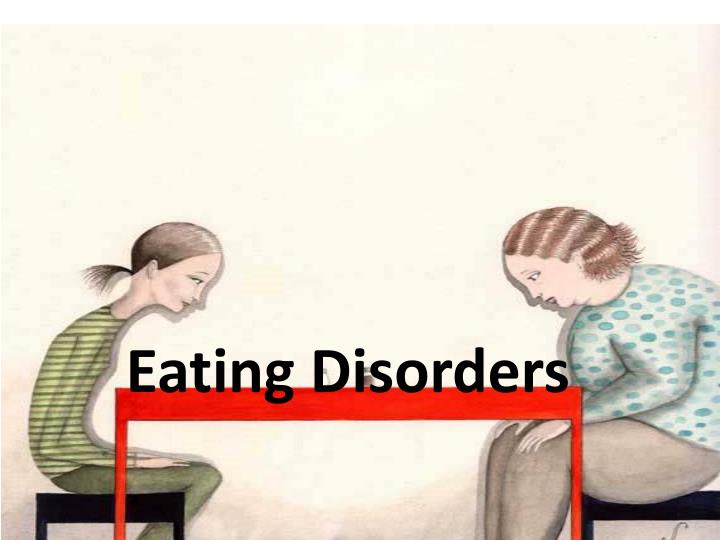I recently watched the movie “To The Bone” on Netflix and was very shocked to know that it is difficult for some people to eat. As an extreme eater, I couldn’t believe that people would starve to death, but this movie changed my perspective, and I decided to write about eating disorders and how to overcome them.
People who care too much about their weight and physical appearance can develop eating disorders. If you are very concerned about your physical appearance, you may establish irregular eating habits that are detrimental to your health. There are several types of eating disorders that may show symptoms of under- or overeating. Bulimia, anorexia nervosa, and binge eating are among the most common types of eating disorders. Both men and women can suffer from these disorders. Adolescents or young adults are more likely to develop irregular eating habits.
Eating disorders have been classified as diseases that also require medical treatment. Treatment measures for these disorders can be very productive. If you or someone you know suffers from one of these illnesses, you should immediately see a healthcare professional. If they are not treated promptly, the consequences can be detrimental. Eating disorders usually co-exist with other emotional problems such as depression, anxiety disorders, and substance abuse.
Anorexia nervosa is a common type of eating disorder. People with this condition have an obsessive fear of gaining weight. Their perception of their weight tends to be unrealistic because they refuse to maintain their weight at a healthy level. People with anorexia nervosa still believe they are overweight, when in fact, they are already underweight. They ferociously eat too little food. The consequences of anorexia are harmful and include multi-organ failure, brain damage, infertility, heart problems, and bone loss. People with anorexia nervosa are at high risk of death.

Bulimia is another disease related to irregular eating. Its symptoms consist of eating large amounts of food (binge eating) and then compensating by forcing vomiting. To disrupt their binge eating, bulimics may exercise excessively or take large amounts of diuretics or laxatives. Men and women with bulimia nervosa are very unhappy with their weight and appearance. They are also concerned about gaining weight. The tendency of bulimics to overeat and purge is usually done in secret, leaving them feeling guilty, ashamed, and out of control. The harmful effects of bulimia are severe hydration, gastrointestinal problems, and electrolyte imbalance that can lead to heart problems.

Eating disorders. This disorder is characterized by uncontrolled eating. But unlike bulimia nervosa, bulimics do not purge themselves, do not exercise excessively, and do not take diuretics or laxatives after eating too much. That’s why bulimics tend to be obese. Because of their excess body weight, people with bulimia can also develop cardiovascular disease. People with this condition may also suffer feelings of distress, guilt, and embarrassment because of their overeating, which aggravates their eating disorder.

A combination of factors leads to eating disorders, although the exact cause cannot yet be determined. Biological factors such as irregular hormonal functioning, nutritional deficiencies, and genetics have been identified as causes. Psychological factors may also be responsible, such as low self-esteem and negative body image. Environmental factors that can cause eating disorders are specific careers and professions that require being thin (modeling and ballet), aesthetically oriented sports that require maintaining a lean body for better performance (ballet, wrestling, gymnastics, diving, rowing, etc.). Childhood and family trauma, dysfunctional family dynamics, cultural and peer pressure, and stressful life changes are other possible environmental causes of eating disorders.
There are different levels of treatment. If you or a family member or friend is suffering from one of these eating disorders, you should seek help immediately.


